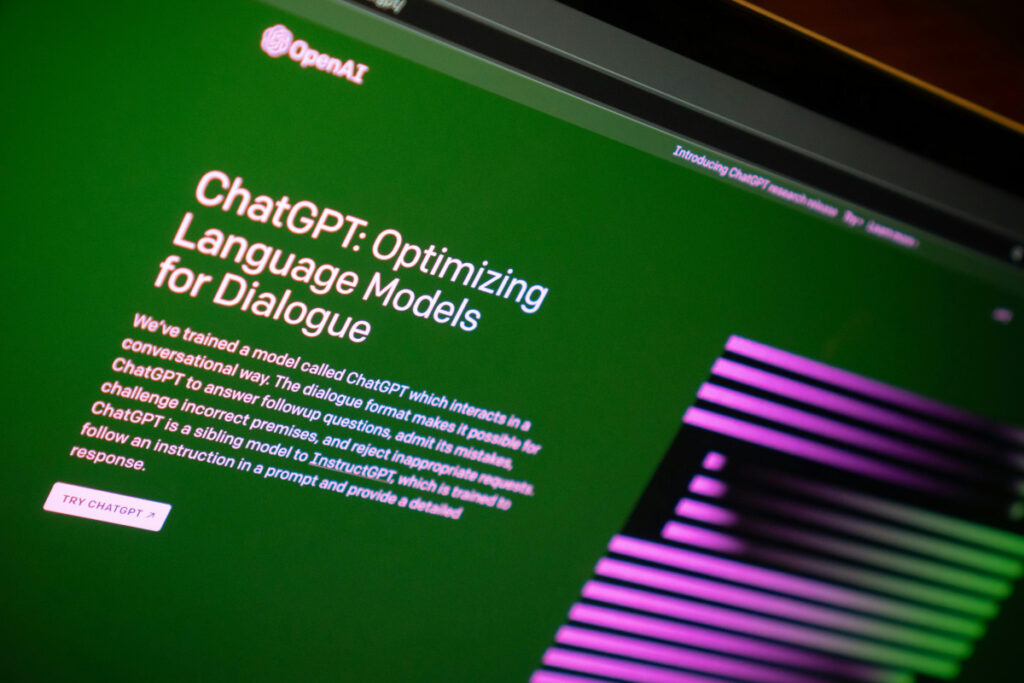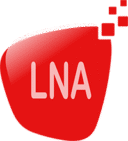By Sakinah Abdul Samad

“Madam, ChatGPT said we can use Contingent Kafalah for Buy Now Pay Later.”
That was the confident remark from one of my students after class recently. When I asked her for the source of this information, she paused and admitted she wasn’t sure. “I just got it from ChatGPT,” she replied.
That moment stayed with me — not because it surprised me, but because it confirmed what I’ve been quietly observing in my lectures for months now. The way students are consuming and engaging with knowledge has fundamentally shifted.
Artificial intelligence (AI) is no longer an abstract or futuristic concept. It is an invisible presence in classrooms, tutorials, and discussions, influencing the way young minds seek information and form opinions. As a lecturer in Islamic economics and finance, I see this happening in real time. Students rely heavily on AI language models such as ChatGPT to cross-check concepts, prepare presentations, and even discreetly consult for answers during discussions.
To be fair, I have no issue with technology itself. When used responsibly, AI can serve as a helpful companion in the learning process, breaking down complex ideas and making knowledge more accessible. However, there is an uncomfortable truth we can no longer ignore: these AI tools are not built on verified, authoritative Islamic sources. While they might explain basic terms adequately, when it comes to delivering rulings, citing evidence, or conveying scholarly consensus — especially in areas like Islamic finance — they often generate incomplete, inaccurate, or at times, entirely fabricated responses.
This concern is not limited to Islamic studies alone. Across disciplines, educators are now witnessing a worrying reality where misinformation is being accepted as fact. But for Islamic finance in particular, the stakes are high. A misleading interpretation of a contract structure or a fabricated source from classical fiqh can have very real-world consequences — from invalidating a financial transaction to misinforming a business decision.
This concern isn’t theoretical. I recently tested an AI model with a question on agricultural zakat in the Shafi’i school. The answer sounded convincing, but the cited reference from Al-Majmu’ didn’t exist. It wasn’t an isolated case — a clear reminder that while AI can assist, it can also mislead, especially in matters of religious or legal rulings.
Let’s be clear: AI is here to stay. This is not a call to reject its presence in academic spaces, but rather a call for educators to lead its responsible integration. The real question is not whether students will use AI — they already are — but whether we, as educators, will shape that usage with integrity and oversight.
Encouragingly, some efforts are already underway to address this issue. Scholars and developers are working on AI systems trained on verified Islamic texts and scholarly references, specifically designed to reduce the risk of misinformation. Initiatives such as AI Fiqh (www.aifiqh.com), along with other academically guided projects, reflect what AI can and should become for Islamic education: not a shortcut to knowledge, but a support system grounded in scholarship.
The rise of AI is both a challenge and an opportunity. Rather than resist it, we must engage with wisdom and reaffirm the educator’s role in safeguarding the integrity of ilm. In the context of Islamic finance, this means ensuring that our students do not rely solely on algorithmic outputs to form their understanding of concepts like qard, wakalah, kafalah, or ijarah — but continue to seek verification, context, and scholarly review.
The AI wave is here, and we cannot remain passive. To my fellow lecturers, students, and seekers of knowledge — be tech-savvy, but spiritually and intellectually discerning. Use AI as a tool, not as the final authority. Question, verify, and uphold the values of Islamic scholarship with accuracy and integrity in this digital age.

Dr. Sakinah Abdul Samad is an Assistant Professor at the Kulliyyah of Economics and Management Sciences, International Islamic University Malaysia (IIUM),
